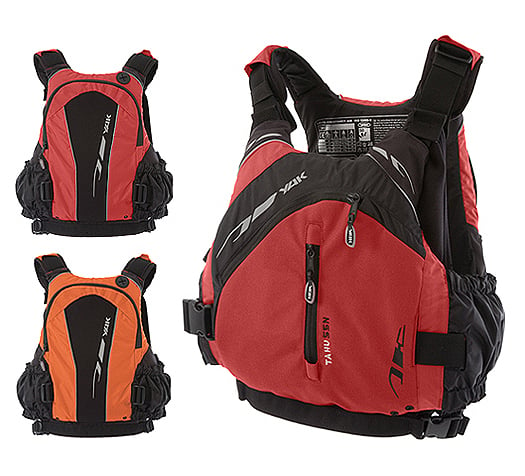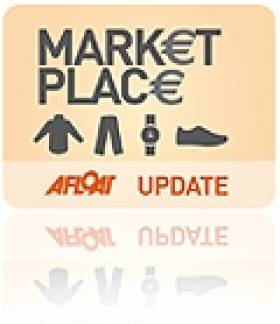Displaying items by tag: yak
These Buoyancy Aids are Made for Touring!
The Tahu and Xipe offer 55N of Buoyancy and are constructed using all new 3D Supersoft foam panels which wrap around your body for excellent freedom of movement. Their durable outer covers give longevity and lasting performance.
The Tahu uses a side zip closure for ease of entry and exit when changing layers on the water. Neoprene chest contour panels give an extremely comfortable and highly versatile fit for either men or women. A large front cargo pocket swallows your personal kit and combines with an easily accessed knife pocket. The all new slim-line pocket on the back will expand to take care of all your hydration requirements and an array of attachment points make the Tahu ideal for any expedition or recreational touring activity.

The Xipe features a unique closure system which revolutionizes the front zip buoyancy aid. Its stylish asymmetric zip conceals the main adjustment buckles and webbing ensuring a clean, snag free front to the garment. Featuring 2 high volume front pockets, one of which has VHF radio compatibility, a slim-line rear pocket that can hold a hydration pack of up to 3ltr and various attachment points the Xipe is already becoming a firm favourite with touring and fishing paddlers, and instructors alike.

Both Buoyancy Aids are approved to the new BS EN ISO 12402-5 standard. They also feature Yak’s new low profile easy-adjust buckle system for quick & easy donning and have reflective piping for extra visibility in low light conditions.






























































